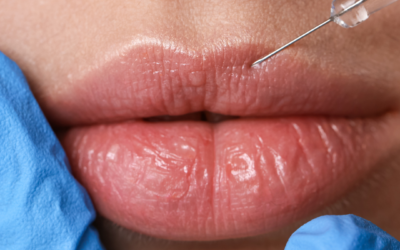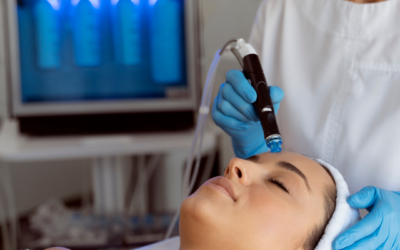
In the hustle and bustle of our daily lives, stress has become an unwelcome companion for many. Beyond its impact on our mental well-being, stress can also manifest physically, giving rise to various health concerns. One such manifestation that often takes individuals by surprise is the stress-induced rash.
Stress rash, also known as stress-induced dermatitis, is a skin condition triggered by heightened stress levels. When the body is under stress, it releases hormones like cortisol, which can have a profound impact on the skin. The skin’s barrier function may weaken, making it more susceptible to irritants and allergens. This can lead to the development of a stress rash characterized by redness, itching, and inflammation.
Signs and Symptoms of a Stress Rash
- Red, blotchy patches: Stress rash often presents as red, inflamed patches on the skin, typically on the face, neck, chest, or arms.
- Itching and discomfort: Intense itching is a common symptom, causing discomfort and distress for those experiencing stress-induced dermatitis.
- Raised bumps or hives: In some cases, stress can trigger the release of histamines, leading to the formation of raised bumps or hives on the skin.
- Burning sensation: Individuals with stress rash may report a burning or stinging sensation in the affected areas.
Stress Rash Treatment Options
- Topical treatments: Over-the-counter creams containing hydrocortisone can help alleviate itching and inflammation.
- Cold compresses: Applying a cold compress to the affected areas can provide relief and reduce swelling.
- Moisturize regularly: Keeping the skin well-hydrated with fragrance-free moisturizers can help restore the skin barrier.
- Avoid irritants: Identify and eliminate potential irritants, such as harsh soaps or detergents, to prevent further aggravation of the rash.
- Prescription medications: In severe cases, a dermatologist may prescribe prescription-strength creams or oral medications to manage symptoms.
Stress Rash Prevention Strategies
- Stress management techniques: Incorporate stress-reducing activities into your routine, such as meditation, yoga, deep breathing exercises, or mindfulness.
- Adequate sleep: Ensure you get enough quality sleep, as lack of sleep can contribute to increased stress levels.
- Healthy lifestyle: Maintain a balanced diet, exercise regularly, and stay hydrated to support overall well-being.
- Identify triggers: Pay attention to situations or events that cause stress and work on strategies to manage or avoid them.
- Seek support: Don’t hesitate to reach out to friends, family, or a mental health professional for support in times of stress.
While it might be surprising to discover the impact stress can have on your skin, understanding the connection between stress and rash is the first step towards effective management. By incorporating stress-reducing practices into your life and taking proactive steps to care for your skin, you can minimize the likelihood of stress-induced dermatitis and promote overall skin health.
If you find yourself struggling with persistent symptoms, consulting with a dermatologist can provide personalized guidance and treatment options. Find a location near you today.





